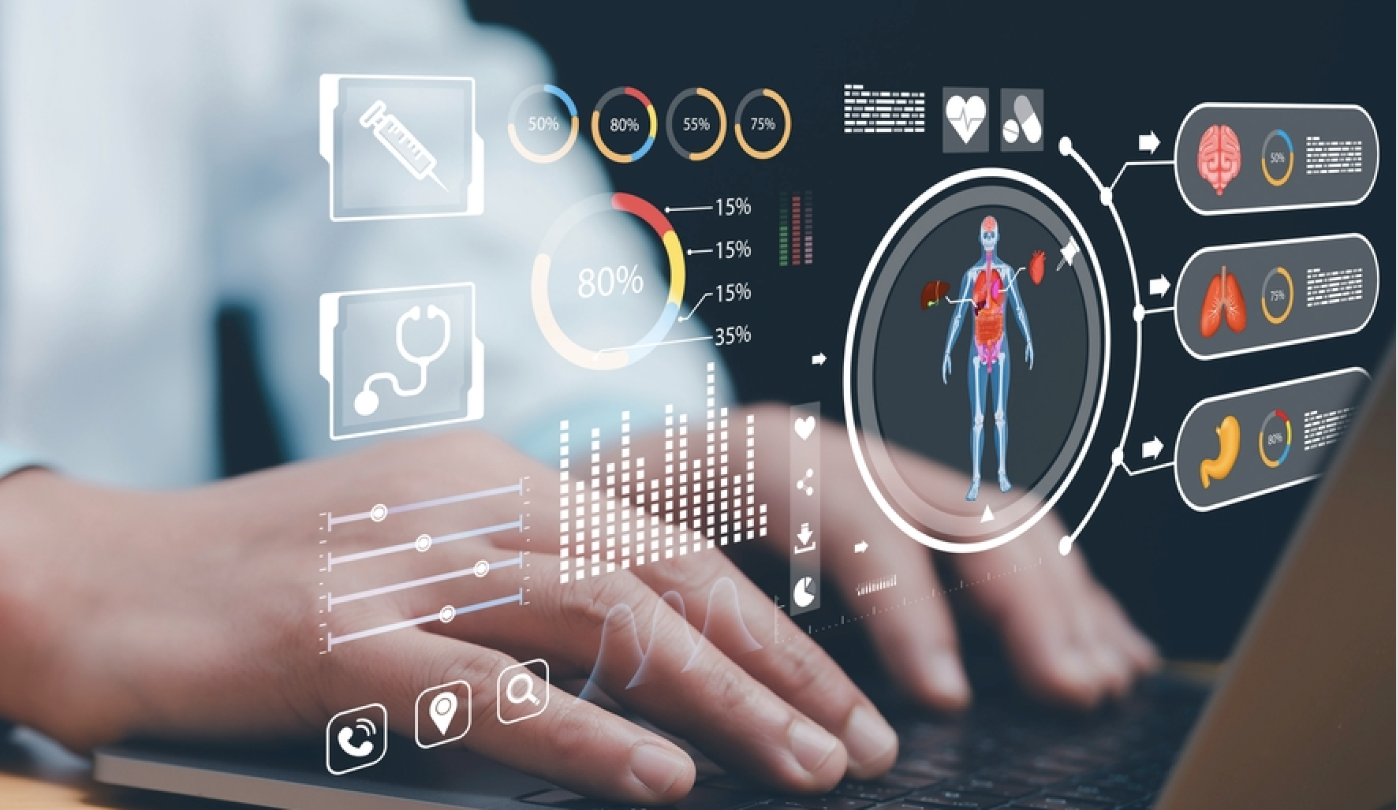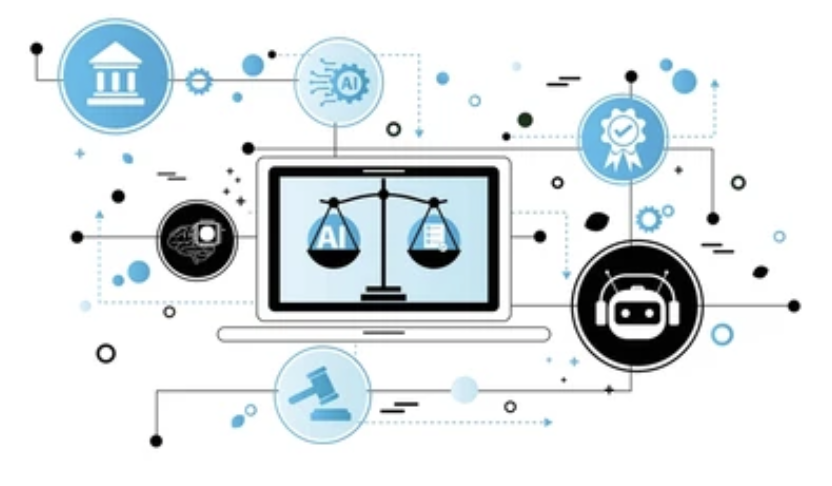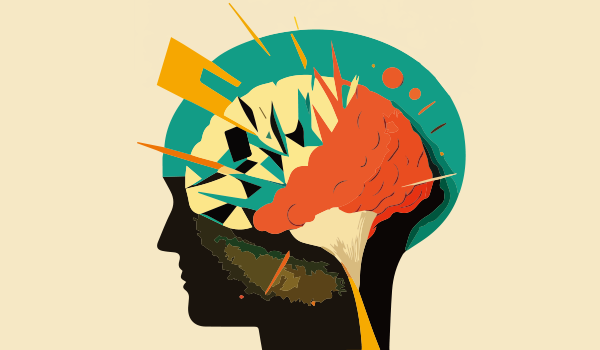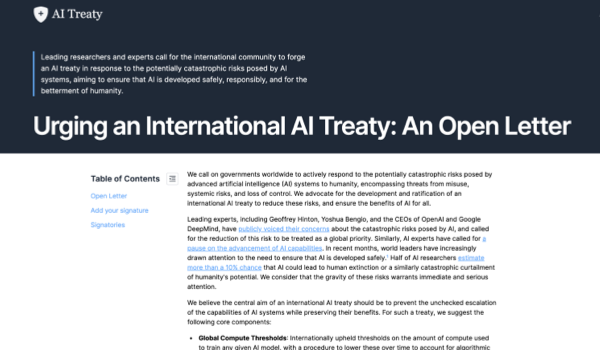

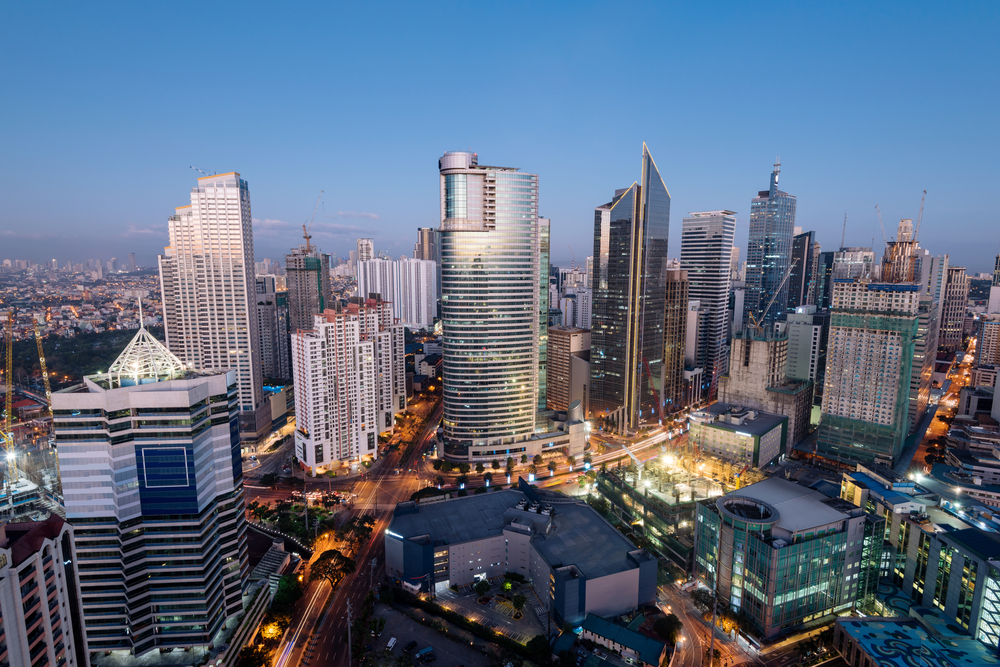
MANILA - In 2010, the Philippines was crowned the business or data process outsourcing (BPO) capital of the world, and rightly so, because a staggering US$13 billion was generated by the Philippine services export industry. Investors continue to hold the Filipino workforce in high esteem and, even until 2019, the BPO sector directly contributed at least 7.3 percent of the Philippines’ gross domestic product (GDP).
Now, the Philippines’ data processing sector is promising it will get even bigger. Initially seen as a bane, but now a boon, artificial intelligence (AI) allows the industry increased productivity and customer satisfaction levels. At the forefront of this shift from process outsourcing to Big Data processing, is the Philippines’ National Artificial Intelligence Strategy, which promises to provide high-value data analytics and services to the world.
The Philippine AI Roadmap
Launched in May, the Department of Trade and Industry’s (DTI) Artificial Intelligence Roadmap makes the island nation one of the first 50 countries in the world to have a national strategy and policy on AI. The DTI believes digital technologies are critical to the survival of small businesses, and continued investment in innovation provides the necessary resilience to unexpected external shocks and crises like the COVID-19 pandemic. The Philippines even aims to increase its GDP by 12 percent by 2030, or the equivalent of US$92 billion.
How can the Philippines, a self-confessed AI adoption laggard, become the next Big Data processing hub?
Trade Secretary Ramon Lopez announced the country will partner with the private sector and secure support from the National Economic Development Authority and Department of Finance to build the Philippines’ first National Center for Artificial Intelligence Research. Dubbed N-CAIR, this research facility aims to
The content herein is subject to copyright by The Yuan. All rights reserved. The content of the services is owned or licensed to The Yuan. Such content from The Yuan may be shared and reprinted but must clearly identify The Yuan as its original source. Content from a third-party copyright holder identified in the copyright notice contained in such third party’s content appearing in The Yuan must likewise be clearly labeled as such. Continue with Linkedin
Continue with Linkedin
 Continue with Google
Continue with Google

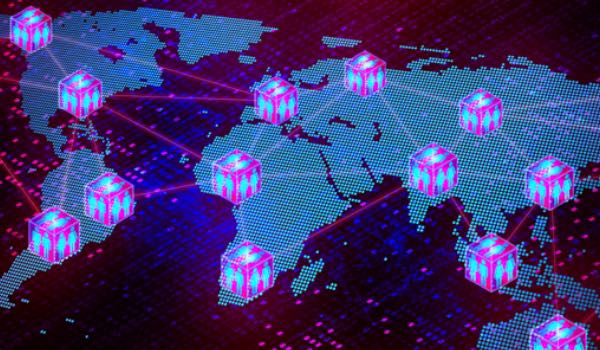







 3448 views
3448 views

